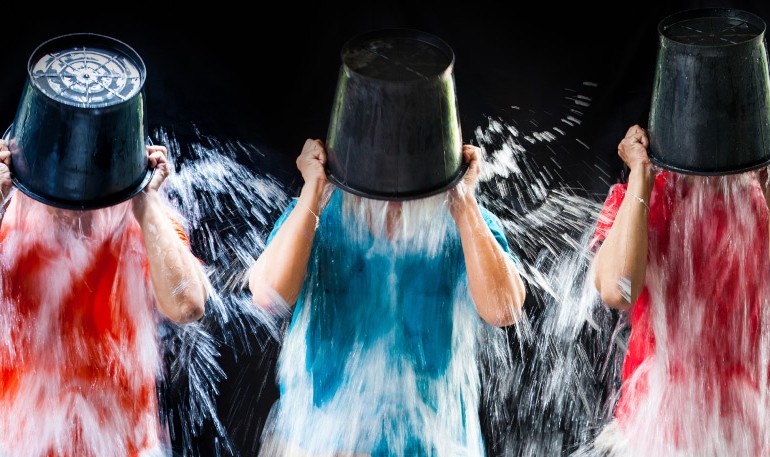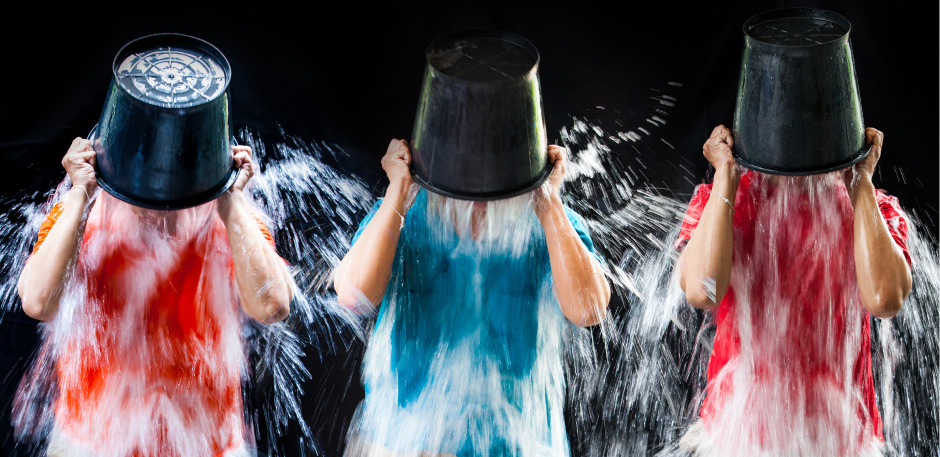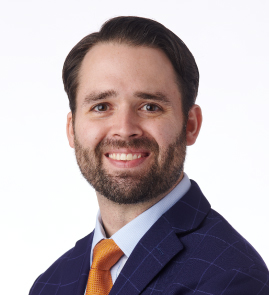By now you’ve seen so many videos of everyone from friends to famous taking the ALS Ice Bucket Challenge. In the past few weeks, awareness of ALS has reached an all- time high and tens of millions of dollars have been raised for ALS research. If you are a physician, a researcher, or a patient hoping for a cure for your own disease, take pause for just a few minutes and realize how this ALS Ice Bucket Challenge is forever changing the way medicine will approach raising awareness and funds for disease-specific research. Here are three public health lessons we can learn from the ALS Ice Bucket Challenge.
1. Let the patients tell their story
In your fundraising committee board meetings, the endless marketing department revisions and re-revisions, and the bureaucracy of 501c3 boards of trustees, don’t forget the most powerful force behind every successful campaign – a heartwarming story. The disease may be highly prevalent like breast cancer or very uncommon like ALS, but for your patient, the disease is 100% prevalent, 100% penetrant, and 100% affecting their life. Let your patient tell their story. For Pete Frates, his story was one of college baseball dreams cut short, beginning with, according to Frates, that one day when his swing of the bat didn’t feel quite right. He soon learned his youthful energy and athleticism would rapidly and tragically deteriorate along with his loss of muscle strength and coordination. Let your patients tell their story. Hearts will be touched, awareness raised, and hope for a cure expanded.
2. Seek first to raise awareness, then seek to raise funds
Have you realized that the goal of the ALS Ice Bucket Challenge is not primarily as a fundraiser? Go to petefrates.com and you will see that Pete’s first goal is to “spread awareness about this often misunderstood and presently incurable disease.” Secondary to that goal is the effort to raise funds to find a treatment and cure for ALS. Critics of the ALS Ice Bucket Challenge argue that few of the challenge-accepters know much, if anything about ALS, and even fewer actually go beyond the ice-bucket-bath and social media sharing to the point of donating their own funds to ALS research. However, at the same time, I know many that have NOT dumped the bucket yet have still been touched by the story and the grassroots campaign, inspiring them to donate their dollars without the ice-bucket dumping. Unlike dollars and cents, awareness is much more difficult to quantify, and awareness alone does not a cure make. As you begin your own Pete Frates-like campaign, seek first to raise awareness, and second to raise funds. Raising awareness to the point of touching the heart of one wealthy billionaire can create a far greater impact monetarily than the mass public donating dollars here and there, yet without the public spreading the message, the billionaire may not ever know about the campaign.
3. Educate, engage, encourage
Few things are more exciting for me as a physician than seeing the greater public becoming excited about their health and using social media to do good. With the feverish spread of the ALS Ice Bucket Challenge, many argue the public doesn’t even know anything beyond the ALS acronym and possibly the connection to baseball great, Lou Gehrig. As a healthcare professional, don’t miss this opportunity to educate others about ALS, engage with your patients via your social media channels, and encourage the spread of the message. In order for you to achieve these goals, you must have a way to reach your patients as well as the greater public. The opportunity to participate in the conversation is predicated on your having a voice to speak. Establish your online prevalence, develop your online voice via Twitter, Facebook, blogging, or other means of social media communication, and use your voice to spread the message. Today the viral campaign may be about ALS, but tomorrow’s viral awareness/fundraising campaign may be aimed to cure a disease within your specialty, or one which ails you or a loved one.












The ice challenge brought so much joy to those who have experienced the pain of it through the loss of a loved one. Maybe it is the icy cold water hitting you and felling so alive in contrast to this snubs it out of you in such a slow and merciless way. I could hear and feel the laughter of my Father from the skies as we all thought “This one is for you Baba! Its our way of screaming to the heavens that we remember them and we are trying to help those still in the battle…and those who are about to be hit up with the worst diagnosis known to man. We are here. We are trying. We have not forgotten. “Babalove” “wickedly cruel disease” “Gottahelp”